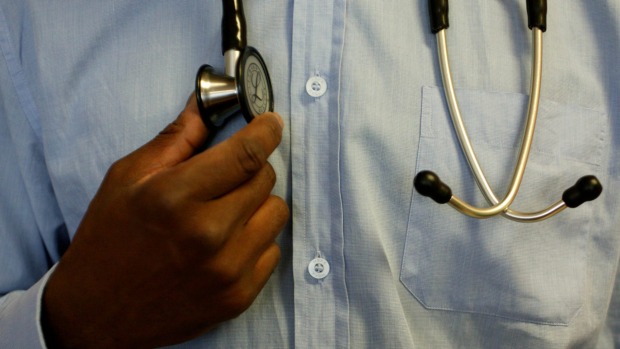
Danger signs: GPs are confused by several abbreviations. Photo: Virginia Star
Ever wondered what all the acronyms on your medical documents actually mean? Well, it turns out your GP probably struggles with them too.
In a worrying finding that could explain some catastrophic errors for Australian patients, a survey of 240 GPs found they did not understand much of the shorthand used by hospital doctors in electronic handover notes.
After compiling a list of 321 abbreviations used in 200 discharge letters produced by a major Sydney hospital, researchers surveyed the GPs to see how many of those abbreviations they understood.
They found that six abbreviations were misinterpreted by more than a quarter of the GPs surveyed. These included SNT (soft non-tender), TTE (transthoracic echocardiogram), EST (exercise stress test), NKDA (no known drug allergies), CTPA (computed tomography pulmonary angiography), and ORIF (open reduction and internal fixation).
These were interpreted incorrectly by 47 per cent (62), 33 per cent (44), 33 per cent (44), 32 per cent (43), 31 per cent (41), and 28 per cent (37) of GPs respectively.
While the researchers did not know the age of the GPs or how long they had been working outside of hospitals, they said their inability to read hospital shorthand was a deficit that could be dangerous for patients.
“Our findings highlight an area that may contribute to patient morbidity and mortality because of miscommunication between healthcare practitioners,” they wrote in the Medical Journal of Australia.
“It would be imprudent to ignore the magnitude of these findings and not act to minimise the potential for problems.”
While one solution would be to ban abbreviations, the researchers said it would be more practical to create a new list of approved medical abbreviations in hospital discharge letters to GPs or to use computer software that could help translate them.
The researchers included Mark Chemali, a pharmacist at Nepean Hospital, Emily Hibbert, a physician with Sydney Medical School, and Adrian Sheen, a GP at Glenmore Park Medical Centre.
